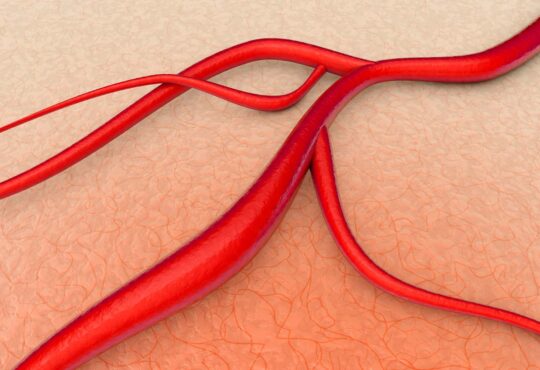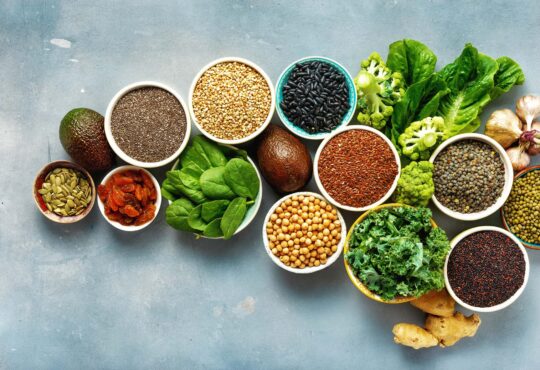5 Ways to Clear Up Brain Fog (Number Two Will Shock You)

Obviously, the brain is a key organ in your body.
Not only is it essential to life, it contains our sense of identity – unlike the heart, liver and kidneys.
Plus, a lot of our accomplishments in life depend on using the knowledge and skills stored in our brains – along with, of course, the ability to keep learning more.
Our brain organizes and directs our vital organs. It’s where we experience the input from our senses.
It’s where we live – where our sense of self resides.
And, like everything else, as we grow older our brains need more physical support and attention.
Here’re five proven ways to slow down the effects of aging on your brain. And young people need to follow these guidelines too, to maximize their health and cognitive performance.
1. Optimal sleep
That’s 7-9 hours every night. There is individual variation, but almost nobody can maintain optimal brain health on just 5 to 6 hours, no matter what many claim.
And you need deep, healthy sleep. That’s when your brain goes through a self-cleansing process. It actually clears up the cellular debris leftover from the day.
That debris include beta amyloid plaque, which is strongly associated with Alzheimer’s.
In his book Why We Sleep: Unlocking the Power of Sleep and Dreams, Matthew Walker details the research proving sleep deprivation lowers your cognitive functioning.
In other words, it makes you stupid (my words, not his).
Long-term sleep deprivation is strongly associated with Alzheimer’s.
And deep, healthy sleep doesn’t come from alcohol or sleeping pills.
2. Eat lots of fiber
The microbiome of 100 trillion organisms inhabiting your colon has a huge impact on your brain’s health.
Those little buggies manufacture up to 90% of the neurotransmitter serotonin. Serotonin is a reward chemical that makes you feel good for working for and achieving your goals. Without enough serotonin, you’re at risk of depression.
It’s important to have both the right balance of bacterial species in your gut – and a wide variety of them.
The key to growing lots of beneficial bacteria is to feed them what they love – fiber. That means eating a large amount of whole plant foods, including whole grains (not refined), vegetables, fruits, beans and nuts.
Many human cultures have unknowingly nourished their microbiomes by eating fermented foods, such as kimchi and sauerkraut. These foods naturally contain a lot of bacteria that are good for your gut.
And some experts advocate taking probiotic supplements – which are bacteria in capsules.
I regard this advice as similar to the old saying about sowing seeds. The live bacteria in fermented foods and supplements are like seeds.
Sow them on rocky ground, and they’ll die. Sow them on fertile soil, however, and they’ll grow.
To benefit from probiotic foods and supplements, you must make the “soil” of your colon fertile with fiber – and keep feeding the bacteria.
It’s the fertilizer they need to grow. Otherwise, they’ll die.
3. Exercise
The most obvious healthy benefit of exercise on the brain is increasing your blood circulation so your brain gets more oxygen. By keeping your veins and arteries wide and flexible, your brain continues to get more oxygen and nutrients from your blood on a continuous basis.
Research done at UCLA proved exercise increased growth factors in your brain, and these growth factors encourage your brain to make new neural connections. That increases how much you can learn and think.
In one recent study, researchers gave annual physical and cognitive tests to 454 older adults for twenty years. The subjects wore accelerometers, which tracked how much they moved.
The scientists found a clear correlation between movement and performance on memory and thinking tests.
The more active the subjects were, the better they performed cognitively. Their physical exercise also benefited their mental abilities.
4. Eat lots of antioxidants and polyphenols
Oxidative stress from free radicals can damage your entire body, and is particularly destructive to your brain.
Antioxidants protect your brain from those free radicals.
One of the most powerful antioxidant foods is blueberries.
Studies show blueberries protect portions of your brain required for intelligence.
They also renew aging neurons, improving cell signaling.
In one study of 16,000 older people for six years, eating blueberries and strawberries delayed their mental aging by 2.5 years.
But you don’t have to stick to berries. Eat lots of whole plant foods, as already recommended. Colorful fruits and vegetables all contain antioxidants and polyphenols that improve your health.
5. Continue to learn and think
Your brain is wired to think and learn. When you stifle your natural curiosity, you’re hastening your mental decline.
Completing crossword puzzles is one often-recommended activity. All puzzles are great if you enjoy them.
Go back to learning that musical instrument you enjoyed playing, but quit to focus on your job and real life.
Study a foreign language.
Take up chess, bridge, or Go – the Japanese game that’s so complicated it makes chess seem as easy as checkers.
And don’t just learn – produce. You’ll absorb more and make many more mental connections by interacting with the subject matter. That could include solving problems or blogging about your chosen subject.
Become an expert in something you enjoy, but never had the time for before now.
Turn off the TV or smart device. Passively taking in “entertainment” is all right in small amounts, but doesn’t engage you as much as learning and producing.
Get out of your mental ruts and comfort zones – challenge yourself mentally.
Stimulate your brain physically through exercise.
Give your brain the nutrition and rest it needs.
And you’ll stay fresh and sharp for life.
https://www.williamsburglanding.org/article/10/8/2015/value-continuous-learning-keeping-you-young-mind-body-and-spirit
https://www.amazon.com/Why-We-Sleep-Unlocking-Dreams-ebook/dp/B06ZZ1YGJ5/
https://www.ninds.nih.gov/Disorders/Patient-Caregiver-Education/Understanding-Sleep
https://wa-health.kaiserpermanente.org/keep-brain-healthy-age/
https://www.scpr.org/news/2012/11/14/34931/do-you-fear-alzheimers-many-americans-do-poll-says/
https://www.brainandlife.org/articles/could-getting-more-high-quality-sleep-protect-the-brain/
http://depts.washington.edu/mbwc/news/article/the-gut-microbiome-and-brain-health
https://www.scientificamerican.com/article/how-exercise-affects-your-brain/
https://health.clevelandclinic.org/why-exercise-protects-your-brains-health-and-what-kind-is-best/
https://www.healthline.com/nutrition/10-proven-benefits-of-blueberries







